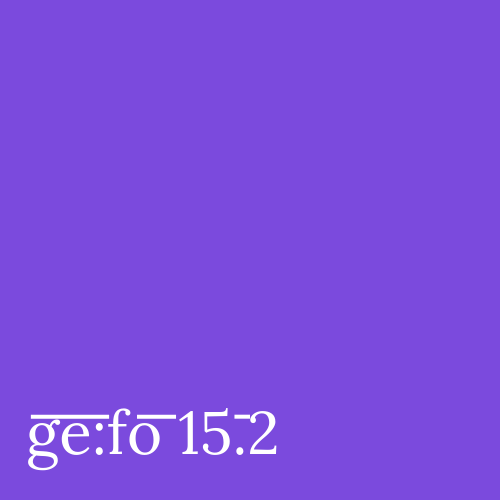"Liberating the Inner Goddess: the Witch Reconsidered in Libba Bray’s Neo- Victorian Gemma Doyle trilogy"
DOI:
https://doi.org/10.18716/ojs/gefo/2016.2694Keywords:
Libba Bray, Gemma Doyle, Victorian England, motheringAbstract
Jackson’s perceptive assertion that fantasy is a “literature of desire” which “traces the unsaid and unseen of culture” is particularly applicable to Libba Bray’s neo-Victorian trilogy. In these narratives, what “has been silenced, made invisible, covered over and made ‘absent’” in the primary world, is foregrounded in the secondary world. The act of mothering, as opposed to the institution of motherhood, is a key element of the fantasy world. Raised in India for sixteen years, the central character Gemma Doyle is brought to England to establish herself as a Lady. The detailed description of Victorian England is from an outsider’s perspective—one who cannot, and will not, be typecast as the damsel in distress despite her increasing social and physical vulnerability. Plunged into the politics of polite society, she must navigate its demands while struggling to meet the concomitant demands of her family. The process is further complicated by the fact that Gemma is not just a daughter and a debutante but a High Priestess. Bray incorporates a magical realm where all things seem possible. The shift from powerless to all-powerful raises a utopia/dystopia comparison between the matriarchal realms and patriarchal London. Gemma discovers, however, that all choices come at a price and oppression is practised by both men and women. The figure of the mother—biological and surrogate—dominates in the trilogy. Mothers who betray their daughters under the guise of protecting them abound. Tension and suspicion distort the mother/daughter dynamic and yet the desire for that bond haunts Gemma and her friends. Indeed, the dark forces of the realms use the illusion of her mother to lure Gemma. Desired but elusive, the idealized mother is exposed as being unattainable. Social demands render the mothers powerless; (willingly or reluctantly) they become agents of patriarchy, policing their own daughters. Families in Bray’s texts are damaged and damaging. Fathers are charming but self-absorbed; mothers are largely absent and yet both are longed for with an almost ferocious intensity. Bray’s depiction of the Victorian family critiques a particular kind of family: one constructed in a way that permits abuse. The trilogy offers an endorsement of alternative definitions of family in general and mothers in particular: families of choice built upon mutual respect, affection, and compassion, and active mothering. Bray implicitly extends her interrogation of the family beyond the Victorian period; her pointed criticisms resonate in the twenty-first century.



